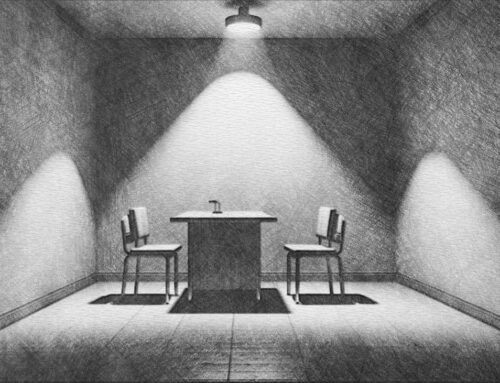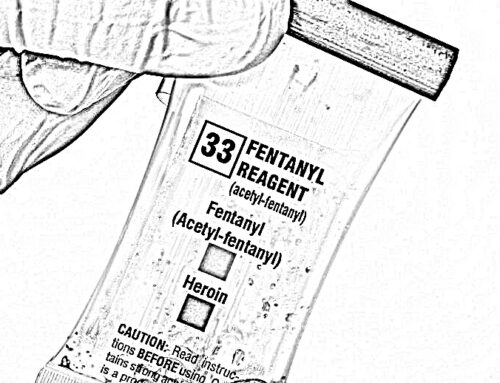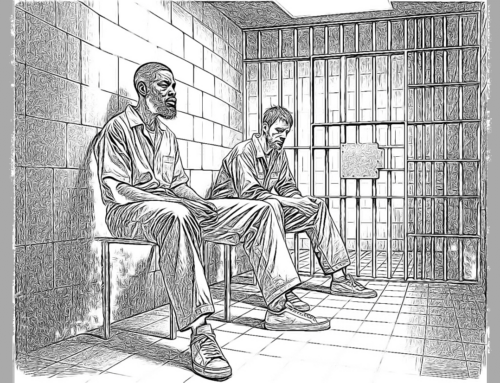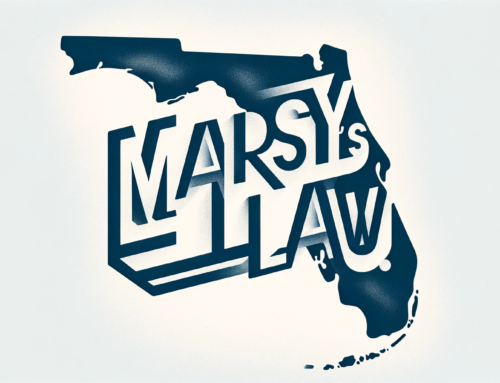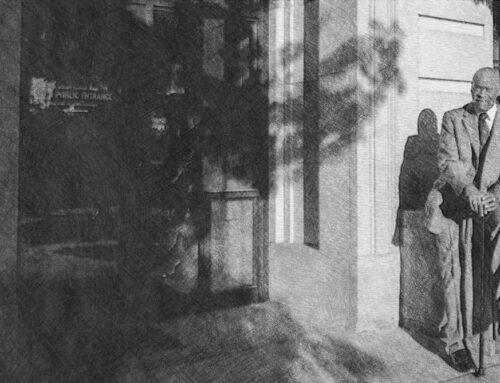The Cost of Wrongful Convictions: A Look at the Case of Daniel Saldana
Imagine being wrongfully convicted for a crime you didn’t commit. You’re locked up, your freedom stripped away, and your pleas of innocence fall on deaf ears. This is the harrowing reality that Daniel Saldana, a California man, lived through for 33 long years. His story, as reported by the Washington Post, is a stark reminder of the flaws in our justice system and the importance of the relentless pursuit of the truth.
In 1989, Saldana was one of three men convicted of shooting at a car containing six high school students who were mistaken for gang members. He was sentenced to 45 years in prison on six charges of attempted murder. But Saldana always maintained his innocence, a claim that was finally vindicated in 2023 when new evidence came to light.
The evidence, a transcript from a 2017 parole hearing of one of the co-defendants, Raul Vidal, revealed that Saldana was not involved in the shooting and was not even present at the scene. This information, however, was not made available to Saldana or his attorneys at the time. It was only in late February 2023 that the Los Angeles County District Attorney’s office received a copy of the transcript, leading to a reexamination of Saldana’s case.
The exoneration of Saldana is a triumph, but it’s also a tragedy. It’s a reminder that our justice system while striving for fairness, can sometimes fail. As Los Angeles County District Attorney George Gascón stated, “When someone is wrongfully convicted, it is a failure of our justice system, and it is our responsibility to right that wrong.”
Saldana’s case is not an isolated incident. The National Registry of Exonerations database shows that the 17 longest wrongful-conviction cases in U.S. history have occurred in the past decade. A 2020 study by the same organization found that more than half of wrongful criminal convictions are caused by government misconduct, and police and prosecutors are rarely disciplined for actions leading to a wrongful conviction.
As a criminal defense lawyer, this story underscores the importance of our role in the justice system. We are the last line of defense for the accused, and it is our duty to ensure that every piece of evidence is scrutinized, every claim is investigated, and every voice is heard. We must remember that our goal is not just to win cases but to seek justice.
In the end, justice was served, albeit delayed. Saldana is now free and adjusting to life on the outside, with a future that holds promise. According to California law, Saldana is entitled to compensation for his wrongful conviction, which, while not replacing the lost years, can offer a measure of restitution.
Saldana’s story serves as a stark reminder of the importance of due process, the necessity of having dedicated legal representation, and the devastating impact of wrongful convictions. It underlines the duty of the criminal justice system, and by extension, defense attorneys, to safeguard an individual’s rights and, ultimately, their freedom. Because, after all, isn’t that the essence of justice?





